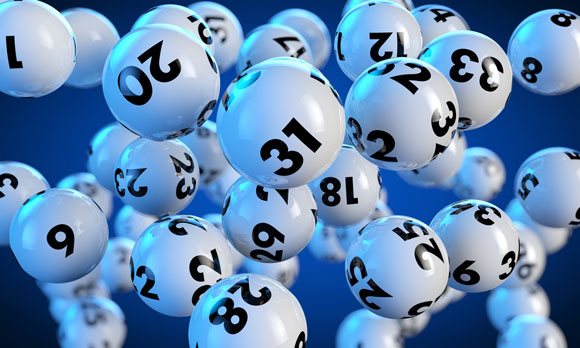Lotteries have long fascinated people with their promise of instant wealth and the tantalizing possibility of a life transformed by a single stroke of luck. But beyond the glittering headlines and dreams of new mansions or luxury vacations, lotteries offer a rich tapestry of history, psychology, and social impact. This article delves into the multifaceted world of lotteries, exploring their origins, societal implications, and the psychological allure that keeps players dreaming and buying bandar macau.
A Historical Perspective: From Ancient Times to Modern Day
The concept of lottery dates back thousands of years. The ancient Chinese played a form of lottery known as “Keno” around 205-187 BCE, using the proceeds to fund large-scale projects such as the Great Wall of China. Similarly, in ancient Rome, lotteries were used for various public purposes, including the distribution of goods and as a means to fund civic projects.
The modern lottery, however, has its roots in 15th century Europe. In 1445, a lottery was established in the city of Bruges in what is now Belgium, to raise money for town fortifications. This period marked the transition from lotteries as tools for public welfare to their adoption by governments as a revenue-generating mechanism.
The Lottery as a Social Tool
Lotteries have evolved from mere gambling games into complex institutions serving various functions. Many states and countries now use lotteries to fund public services and projects, from education and infrastructure to health care and the arts. In the United States, for example, state lotteries contribute billions of dollars annually to public education, with the funds often earmarked for specific educational initiatives or scholarships.
Yet, the dual nature of lotteries as both a source of revenue and a form of gambling raises complex questions about their role in society. While they provide crucial funding for public services, they also rely on a regressive tax model where lower-income individuals spend a larger proportion of their income on lottery tickets compared to wealthier individuals. This has sparked ongoing debates about the ethics and social impact of lotteries, especially concerning their role in potentially exploiting vulnerable populations.
The Psychology of Winning: More Than Just Luck
The allure of winning a lottery is deeply rooted in psychology. The idea of instant wealth with minimal effort taps into a common human desire for an easier path to success. The excitement of buying a ticket and the anticipation of the draw create a unique emotional experience, characterized by both hope and suspense.
Researchers have identified several psychological factors at play. The “near-miss” phenomenon, where players come close to winning but fall short, can actually increase engagement and continued play. Similarly, the concept of “illusion of control” allows players to believe that their actions, such as choosing certain numbers or playing frequently, might influence their chances of winning. This cognitive bias fuels persistent participation despite the statistical improbability of winning.
Cultural Reflections and Representation
Lotteries have also made their mark on popular culture. From novels and films to songs and television shows, the theme of striking it rich has been a popular subject. Works like the film “The Lottery Ticket” and the novel “Charlie and the Chocolate Factory” reflect society’s fascination with sudden wealth and its impact on individuals and families.
In literature and media, lotteries often symbolize a double-edged sword. The excitement of winning is frequently juxtaposed with the dark side of fortune, exploring themes of greed, personal transformation, and societal change. Such narratives provide a reflection of our collective attitudes toward wealth and chance.
The Future of Lotteries
As technology advances, lotteries are also evolving. Online lotteries and mobile applications have made participating more accessible than ever. Blockchain technology is beginning to make an impact, promising increased transparency and fairness in lottery draws. However, these advancements also bring new challenges, such as cybersecurity threats and regulatory concerns.
Moreover, as societies become more aware of the potential negative impacts of gambling, there is growing pressure to reform lottery systems to ensure they are operated responsibly. This includes measures to promote responsible gaming, protect vulnerable individuals, and ensure that funds are used effectively for public good.
